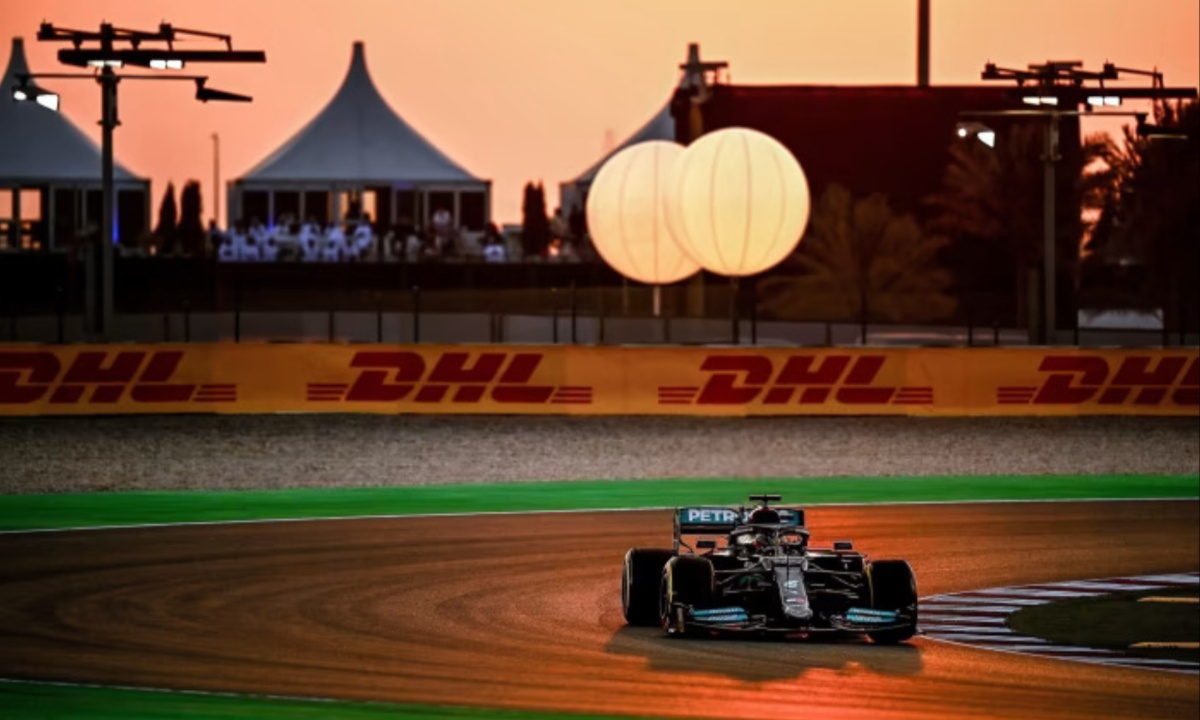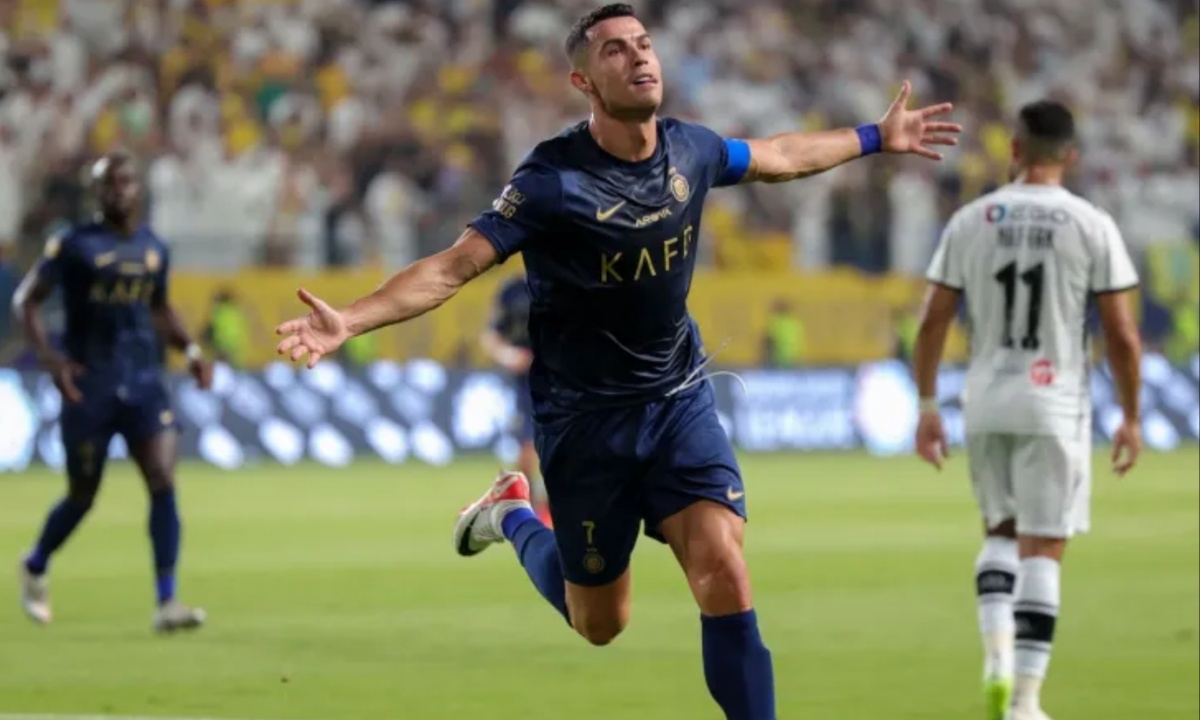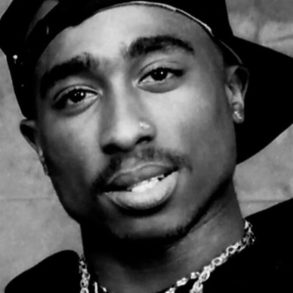Emma Hayes, head coach of the US women’s team, returned to Wembley in a highly anticipated match against England’s European champions, highlighting US Soccer’s commitment to improving its standing on the global stage. Her appointment, along with Mauricio Pochettino for the men’s team, underscores the federation’s strategy of hiring top international talent in preparation for the 2026 World Cup. With substantial backing from private investors, including Michele Kang’s $30 million donation to support women’s soccer, the US is making significant investments in both its men’s and women’s programs to increase competitiveness.
Despite ongoing political and legal issues, the Premier League continues to solidify its financial strength. Projections for the 2025-2028 cycle show a 17% revenue increase, largely driven by international TV rights. While domestic broadcasting deals have remained stable, the league’s global appeal ensures it remains the most lucrative, with international rights bringing in over €2 billion annually. This amount far exceeds the combined earnings of other European leagues, whose broadcasting revenues are declining, emphasizing the Premier League’s dominant position in world football.
In a major shift, the Premier League decided to take control of game production and distribution by ending a 20-year partnership with IMG. By establishing Premier League Productions, the league aligns with La Liga and the Bundesliga, which have already managed their media operations in-house. This move could open the door for future ventures such as a dedicated streaming platform and enable the league to turn its media operations into a profitable asset.

Formula One’s global growth continues, with significant contributions from the Gulf region and the United States. General Motors announced plans to enter the sport with Cadillac, while Qatar’s sovereign wealth fund acquired a minority stake in Sauber, soon to be rebranded as Audi’s team. Under Liberty Media’s management, F1 has expanded into cities like Miami and Las Vegas, attracting new audiences and high-profile sponsors. These developments show F1’s ability to broaden its appeal and create a global reach that other sports leagues have struggled to achieve.
Formula One’s model, which does not include promotion and relegation, ensures financial stability for teams, making it a strong investment. The introduction of a cost cap has also improved team economics, helping sustain growth. However, challenges remain, as General Motors works to make Cadillac competitive, and Qatar’s investment in Sauber requires significant rebuilding of a team currently at the bottom of the constructors’ standings. Turning these financial commitments into success on the track will require considerable time and effort.
This week also saw notable developments across various sports. Tennis star Iga Świątek received a one-month suspension for a doping violation, joining several other players recently penalized for similar issues. In football, Ruben Amorim made his debut as Manchester United’s coach under Sir Jim Ratcliffe’s new regime, while Real Madrid president Florentino Pérez discussed the possibility of changing the club’s ownership structure. These events reflect the ongoing challenges and transformations occurring in top-level sports.
Dame Katherine Grainger made history by becoming the first woman to chair the British Olympic Association. A five-time Olympic medallist and experienced sports administrator, Grainger’s appointment is a significant milestone for gender equality in sports leadership roles. Her leadership signals the growing movement toward diversity in decision-making positions in sports governance, marking a pivotal moment for the British Olympic Association.
Finally, a memorable moment in football came when Ronaldinho scored a stunning free kick in an El Clásico Legends match. His performance sparked renewed conversations about the value of specialist roles in modern football, such as free-kick takers being substituted in during critical moments. Such performances demonstrate the lasting appeal of sports legends and their ability to inspire audiences, even long after they have retired from professional play.







